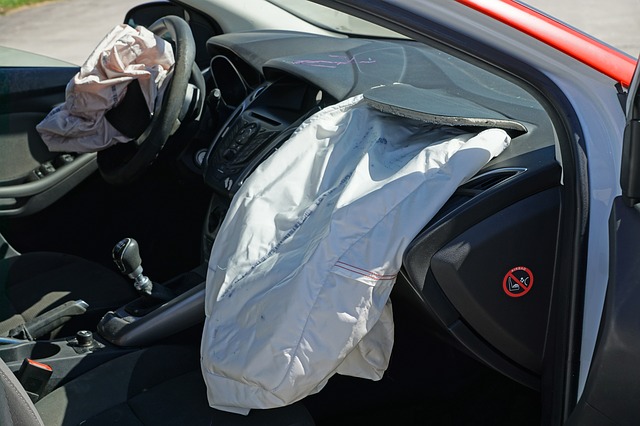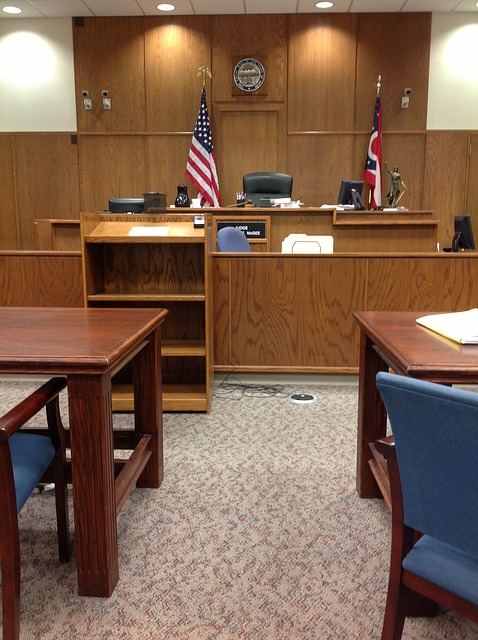1. Follow the Letter of the Law

2. Avoid Saying Anything Damaging
Things you say at the accident scene can have repercussions in a civil case. That’s one reason why some auto insurance cards come with warnings to not to admit fault or provide insurance coverage limit information.
Providing contact and basic insurance information would be reasonable. Providing excessive and unnecessary details, however, could create a difficult situation when the time comes to litigate the accident.
The injured party may be harder to negotiate with if he/she knows your coverage limits are $500,000/$500,000 and you already made a statement in front of witnesses that everything is your fault.
3. Call Your Insurance Company

Contact your insurance company right away and inform the claims intake person about the accident.
The insurance company common next step involves launching a formal investigation. The investigation might turn out in your favor. Although you believe you are fully at fault, you may only be partially at fault.
That could limit your liability. If the other party’s claims of negligence and injury turn out to be overstated, the insurance company isn’t likely to back down.
Additionally, if the claimant refuses to settle, the insurance company appoints a lawyer. Your paying for the insurance company’s assistance and protection. Why delay in calling them?
4. Retain an Attorney

If you are sued beyond the coverage limits on your policy, then you need to hire an auto accident lawyer to defend you in court. In this situation, things become financially treacherous.
A judgment of several hundred thousand dollars beyond your insurance policy limits could outright destroy your life. You should retain the absolute best accident lawyer possible to defend you in court.
The attorney can assist in a number of ways. He/she could negotiate a settlement capable of limiting the financial impact. The attorney could possibly get the suit withdrawn or a merit-less one thrown out of court.
The bottom line here is you need qualified representation to have any chance of an even remotely favorable outcome.
5. Counter-sue if Appropriate

Countersuits can be possible in certain auto accident situations. Even though it may seem you caused an accident, the true negligence may rest with the other party.
Case in point, if you seemingly caused an accident by driving an unsafe vehicle, fault seemingly would rest on your shoulders. So claims the injured party suing you.
Yet, if the other party blew a red light prior to the accident, then the fault may rest mostly with the other driver. You could potentially counter sue in such a scenario. Discussing the merits of a countersuit strategy with a qualified attorney makes sense.



